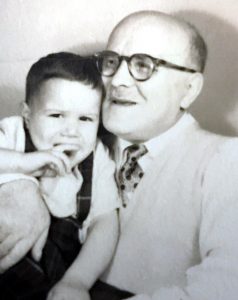A recent visit to the Museum of Sex in Amsterdam enlightened me about various strange sexual fetishes. I grew up in the sixties in an era when, let’s put it this way…I assumed that there was very little I did not know. I was wrong.
So I got to thinking, is there such thing as a fetish in organizational behaviour? If we describe fetish as obsessive interest, the answer is a resounding yes. So in this post, I want to provide three examples of rampant organizational fetishes that I have seen, and I believe that my readers can see, all around them
- The fetish of defining away complexity. Given the complexity of reality, overlapping responsibility is often necessary, creating the need for people to communicate and decide together in the areas of disagreement where overlap occurs. Instead of focusing on addressing this need, organizations prefer to focus on over-definition of roles, responsibilities and process clarity. Thus, our first fetish.
- The fetish of overdosing on gender diversity. Oh yes, I may be in trouble for this. However, there are roles where professional competency trumps gender as a selection criteria. When a hospital wants to recruit 6 brain surgeons, three of them of each gender, this makes no sense at all. As a patient at least heaven forbid, I would prefer their recruiting six top surgeons, in the unlucky scenario that I would need their services.
- The fetish of engagement. Most management (except perhaps on social media) is about getting as much as possible for as little as possible over an optimized period of time. In a bad market place, employers exploit employees, and in a fast growing market with skill shortages, employees squeeze and extort their employers. It’s a market dynamic for the most part and since 2008, it is a blood bath for employees. Engagement is a sedative aiming at dulling the true nature of the relationship. The goal of engagement is more for less, regardless how the pig is perfumed. Most people know this, but the fetish is rampant.





